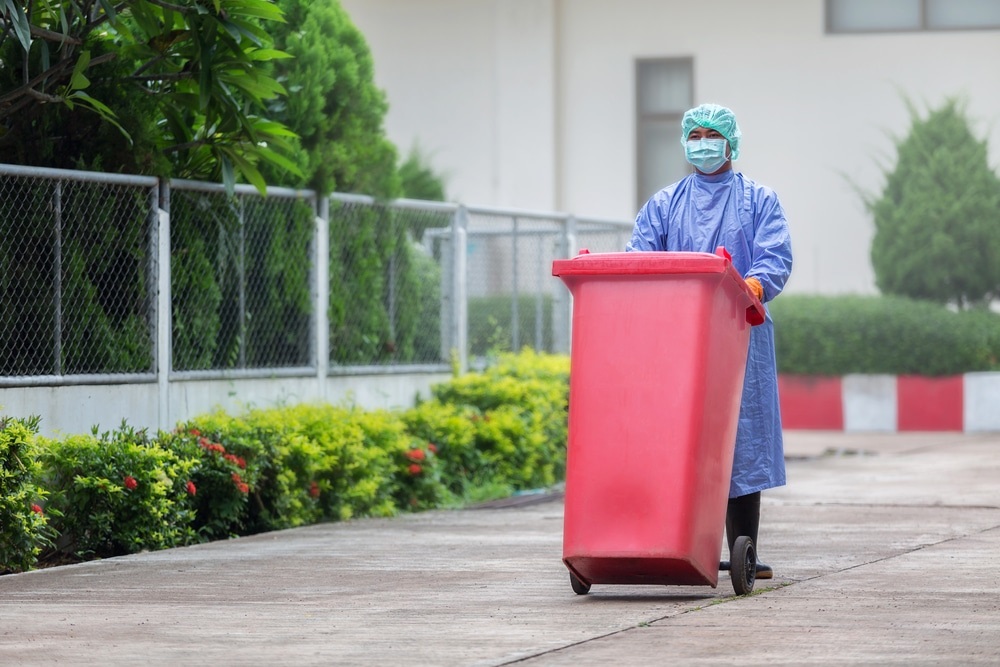
Hospital Equipment Recycling: A Vital Practice in Sustainable Healthcare
In the ever-evolving healthcare sector, one practice has steadily gained attention: recycling hospital equipment. This practice plays a pivotal role in waste management and sustainability, providing an eco-friendly solution to the growing problem of medical waste.
A myriad of initiatives worldwide dedicates their resources to this cause, accepting donations of unused, unexpired medical supplies, and pre-owned biomedical equipment. These items, which would otherwise add to the mounting heaps of waste, find new life and purpose through these recycling programs.
One such initiative is a program specifically developed for the recycling of medical equipment. This program involves a comprehensive process that requires assistance with various tasks. From transporting heavy equipment to cleaning delicate devices and managing other logistical aspects of the recycling process, every step is meticulously handled to ensure the safe and efficient recycling of medical equipment.
Other initiatives take the process a step further by conducting thorough checks on each piece of donated equipment. They ensure that all items, regardless of their previous usage, are cleaned and any minor repairs are made before they are repurposed. This meticulous procedure not only ensures the safety and functionality of the recycled equipment but also maintains the high standards expected in the healthcare industry.
In response to the growing concern over the disposal of single-use medical devices, sustainable solutions have been designed specifically for this purpose. These initiatives offer secure removal and recycling services for the healthcare industry. They provide a holistic service that includes value recovery for the recycled materials and a nationwide pick-up service, making the recycling process more accessible and convenient for healthcare providers.
However, it’s important to remember that not all medical supplies are recyclable. Generally, items that do not contain hazardous materials can be disposed of in regular trash. For certain types of equipment, more specialized disposal methods like incineration or “waste to energy” methods may be utilized. These methods are designed to safely dispose of medical waste, preventing any potential harm to the environment or public health.
In addition to recycling, donating medical equipment is another way to extend its life cycle. There are organizations that depend on the donation of new or gently used items, such as wheelchairs, walkers, and iPads. These items are then adapted into communication aids, providing valuable resources for individuals in need. Similarly, humanitarian relief organizations collect medical supplies and equipment for donation to developing countries, helping to bridge the gap in healthcare resources globally.
In conclusion, hospital equipment recycling is a vital component of sustainable healthcare practices. It does not only aid in efficient waste management but also contributes to the judicious use of resources. By giving a second life to medical equipment, these recycling practices benefit both the environment and communities in need. Furthermore, they epitomize the concept of circular economy in healthcare, demonstrating how sustainability and healthcare can go hand in hand in creating a healthier and greener world.
